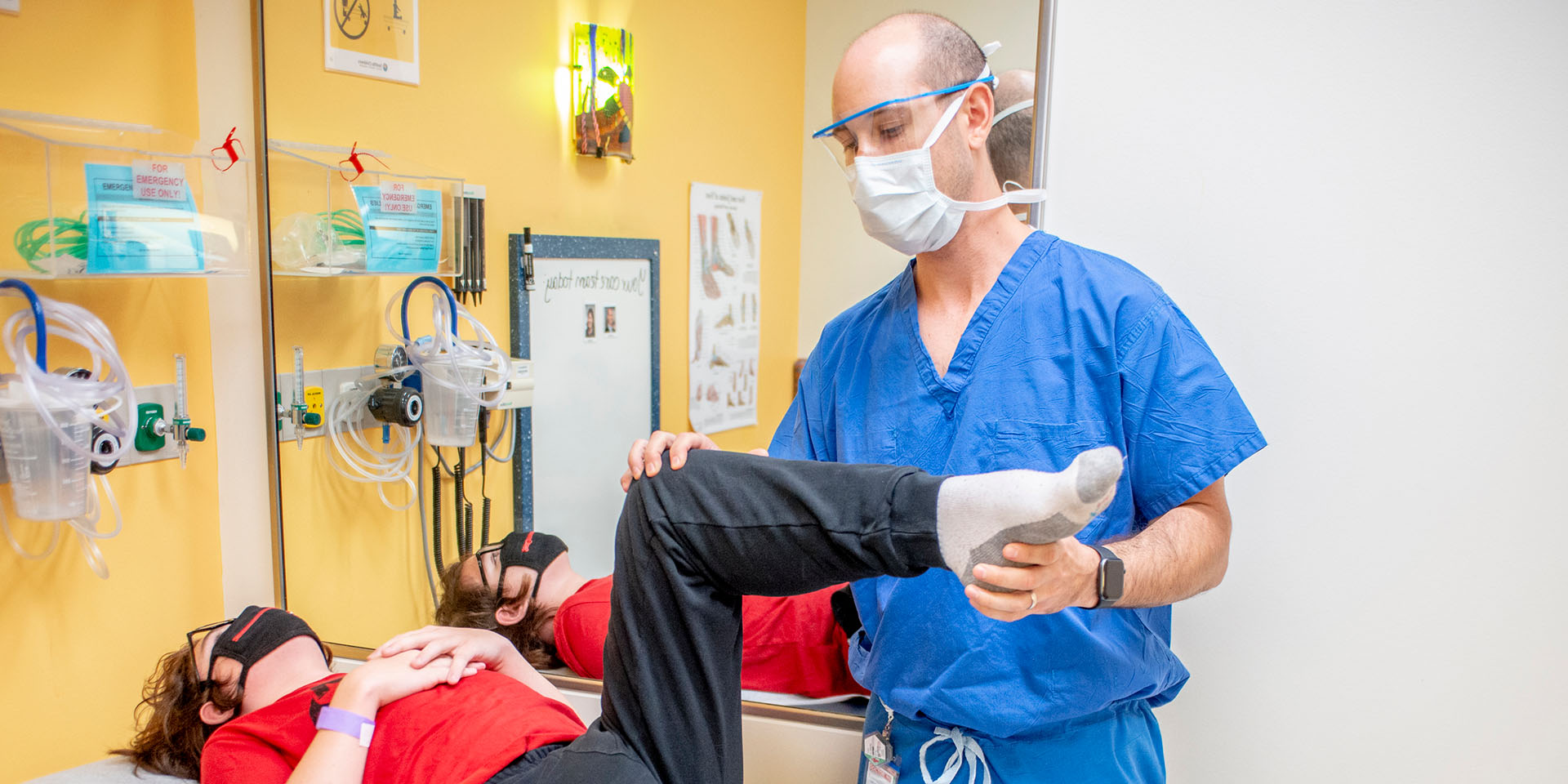
Child and Young Adult Hip Preservation Program
Contact the Hip Preservation Program
Specialized Care to Restore Hip Function in Children, Teens and Young Adults in Their 20s
The Child and Young Adult Hip Preservation Program provides care for children, teens and young adults in their 20s with a wide range of hip conditions. Our hip specialists offer treatments and services, like (PAO), to help avoid or delay the need for hip replacement. Hip surgeons at Seattle Children’s do more hip preservation surgeries for young people than surgeons at any other center in the Pacific Northwest. We also do hip replacements when needed.
We work to restore your child’s hip — or your hip, if you are a young adult seeking care — to a high level of function. Our goal is for every patient to thrive, now and well into the future.
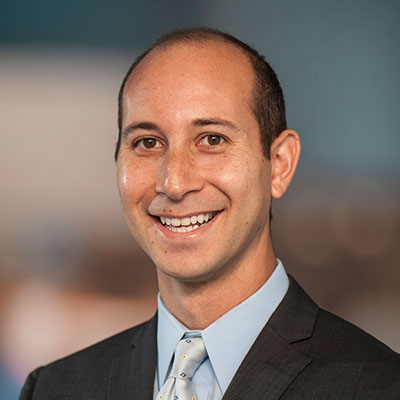 “When a child or even a young adult in their mid 20s might need hip surgery, it’s important to see a pediatric specialist who performs hip preservation procedures, like PAO, regularly. Many surgeons who treat adults are used to doing hip replacement, not preservation,” says Dr. Todd Blumberg, director of the Child and Young Adult Hip Preservation Program.
“When a child or even a young adult in their mid 20s might need hip surgery, it’s important to see a pediatric specialist who performs hip preservation procedures, like PAO, regularly. Many surgeons who treat adults are used to doing hip replacement, not preservation,” says Dr. Todd Blumberg, director of the Child and Young Adult Hip Preservation Program.
Teens and 20-somethings with hip problems often have an underlying condition that started in childhood. We apply our knowledge of hip development to understand your needs, whatever your age, and preserve your natural hip. If you have been told that you or your child needs hip surgery and you would like an expert second opinion, call 206-987-2109 or email us.
Conditions We Treat
The Child and Young Adult Hip Preservation team has deep knowledge of hip conditions, as well as the problems they may cause as a young person grows and matures. We diagnose and treat children, teens and young adults with conditions such as:
- Hip fractures
- Hip infections
- (also called hip cartilage tears)
- Legg-Calvé-Perthes disease (also called Perthes disease)
- Problems with hip shape and function after a fracture (posttraumatic deformity)
- Slipped capital femoral epiphysis (SCFE)
Why choose Seattle Children’s for hip preservation?
- The Child and Young Adult Hip Preservation Program includes surgeons and from Orthopedics and Sports Medicine. We also involve specialists in to clearly understand what is happening with the hip. Based on your needs, we may involve experts from other areas, like Physical Therapy and Occupational Therapy.
- Program leader Blumberg focuses on treating hip conditions from infancy into adulthood. He is the only dual fellowship-trained pediatric and hip preservation surgeon in the region.
- Seattle Children’s is the highest-volume center for hip preservation surgeries in young people in the Pacific Northwest. Blumberg does 60 to 80 of these surgeries a year.
- Our hip surgeons are , and they have many years of experience in treating children and young adults with hip problems. Many have expanded fellowship training. We are known nationally for our skill with hip disorders in young patients.
- Complex hip conditions may affect other parts of the body too. That’s why we connect you with the many types of Seattle Children’s experts you or your child may need — on the same day, in the same clinic, whenever we can.
- We recommend surgery only when we believe it will provide the best outcomes. First, we look at each patient as a whole person. Your team will take many factors into account. These include how serious the hip condition is, its health effects, if the body is still growing and what results you can expect from each treatment option.
- Our surgeons are experienced in procedures like PAO, and . While our focus is on preserving the natural hip if possible, we also place artificial hips at Seattle Children’s. Dr. Jesse Roberts offers hip replacement surgery for young people.
- We have the technology and skills to use imaging to guide hip surgery, if needed. This helps us place hardware, like screws, with precision. It also lets us see in real time the changes we make to the hip. Our operating rooms have the newest low-dose imaging equipment available.
- Some of our patients do not have pain or notice other hip problems until they are young adults, even though their hip condition may have been present at birth or started earlier in childhood. We know how to diagnose and treat children of all ages as well as young adults.
- Children and teens are still developing. When we evaluate a patient’s condition, plan their treatment and provide their care, we carefully consider their growth. We think about how growth may affect their hip over time. We also consider how their hip may affect the rest of their development and health. Growth may help us decide on the best timing for surgery.
- Even into their 20s, young people may benefit from different hip treatments than older adults do. So, it’s important to have a team, like ours, that specializes in this age group. After hip surgery here, people in their 20s can keep seeing our Child and Young Adult Hip Preservation team for long-term follow-up. To care for young adult patients, we also partner with orthopedic surgeons at UW Medicine.
- A hip problem can be stressful for the whole family. From the first visit to follow-up, our team will work to provide seamless care and make your experience here as easy on you as we can.
- The team does more than plan and provide care. We also make sure you understand the details of the condition and all treatment options. We support you in making choices that are right for your family.
- For your convenience, our doctors see patients at locations in Seattle, Bellevue, Everett and Federal Way. We bring high-quality care closer to where you live.
- Seattle Children’s serves families from around the Northwest and beyond. We can help with financial counseling, education, housing, transportation, interpreter services, spiritual care and more. Our Child Life specialists, Family Resource Center and Guest Services are here to help. Read more about our services for patients and families.
- Our team members partner with experts around the world on research. Together, they work to understand the causes of hip conditions, improve the accuracy of diagnostic tests and create better surgical approaches.
- We are part of the International Perthes Study Group (IPSG). This group of researchers works to find out which treatments deliver the best outcomes for Legg-Calvé-Perthes disease. We have IPSG clinical trials available at Seattle Children’s.
- We track long-term results of our patients so we can improve care for young people with hip problems. For example, we ask patients with hip dysplasia about their experience before and after treatment to make sure our approach improves quality of life and function.
- Our surgeons have led research to reduce patients’ exposure to radiation from imaging tests, like and , before and during surgery.
- As part of our constant work to improve results, we developed standard plans (called protocols) to help patients recover after surgery.
- Learn more about current orthopedics research at Seattle Children’s.
Treatments and Services
Our coordinated, multidisciplinary Child and Young Adult Hip Preservation Program is the only one of its kind in the region (Washington, Montana, Idaho and Alaska).
Seattle Children’s hip specialists are skilled at finding and treating the cause of hip problems. We also work to prevent and treat effects that can come later to avoid or the need for hip replacement. We guide you and your family to the best treatment options.
Accurate diagnosis using high-quality is the first step to treating hip problems and preventing future issues. We also use imaging to track the progress of treatment.
Seattle Children’s has the largest group of pediatric radiologists in the Northwest. Our radiologists have special expertise making imaging studies and using them to look for bone and joint changes.
We commonly use , , and . We also use advanced to create images of the hip bones, and soft tissues. Often, we can use 3T MRI without injecting contrast into the joint (using contrast may feel uncomfortable for some patients).
For imaging that uses radiation, we use the lowest amount possible (PDF) to make the best image. We have a low-dose radiation X-ray machine, called the EOS. It makes safer full-body images.
Our doctors do both s and open surgeries, based on each patient’s needs. We are experienced with a wide range of procedures. These include periacetabular osteotomy (PAO), and .
- In a minimally invasive procedure, the surgeon makes small cuts (incisions) on the hip and does surgery using X-ray guidance.
- In an open procedure, the surgeon makes a larger incision on the hip. This lets the doctor see the bone as they operate.
During a hip operation, the surgeon may:
- Reshape bone
- Reorient the hip socket so the joint works better
- Place screws or pins in the bone to keep it in place so it can heal well
- Seattle Children’s has years of experience in making custom braces and splints to help correct hip problems in babies. Early treatment like this may help avoid or delay the need for hip surgery later on. Read about braces, splints and the other orthotics and prosthetics services we have onsite at Seattle Children’s.
- As part of their treatment, young children (age 5 and under) with certain hip conditions may need to wear a special body cast, called a spica cast (PDF) (Russian) (Spanish) (Vietnamese).
- Physical therapists (PTs) use exercise and play to improve strength, balance and coordination. If needed, PTs will teach patients to use equipment like crutches or a wheelchair. For some hip conditions, physical therapy may be the first choice for treatment of older children and young adults to try to avoid the need for surgery. It’s also an important part of recovery after hip surgery. We have PTs who specialize in hip conditions.
- Occupational therapists will help build strength and coordination. This can help with daily tasks like dressing, bathing, eating, playing and school activities.
- Sports physical therapy can help school-age children and teens return to their full activities after disease, injury or surgery. Our sports PTs work with patients to safely return them to play and prevent future injuries.
Meet Your Hip Preservation Team
The team includes experienced pediatric orthopedic surgeons and physician assistants who have special training in pediatric orthopedics. All the doctors are in their specialties and provide both surgical and nonsurgical care.
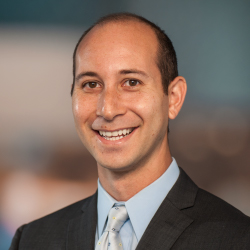

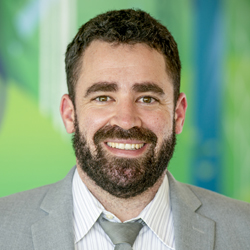

Jesse Lorin Roberts, MD, MS
View Profile

Katherine Marie Schroeder, MD
View Profile

Winona J Buelow, PA-C
View Profile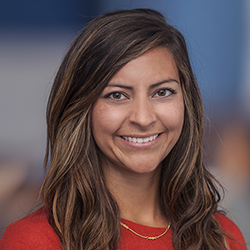

Ana Maria Galvez Kolenko, PA-C, MPH
View Profile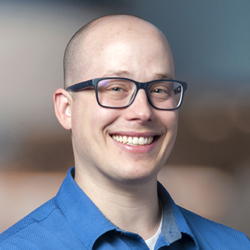

Christopher Michael Tremonti, PA-C
View ProfileChild and Young Adult Hip Preservation Program Resources
Questions? Contact Us
Orthopedics
- All locations except Anchorage and Yakima: 206-987-2109
- Anchorage: 907-212-4824
- Yakima: 509-574-3200